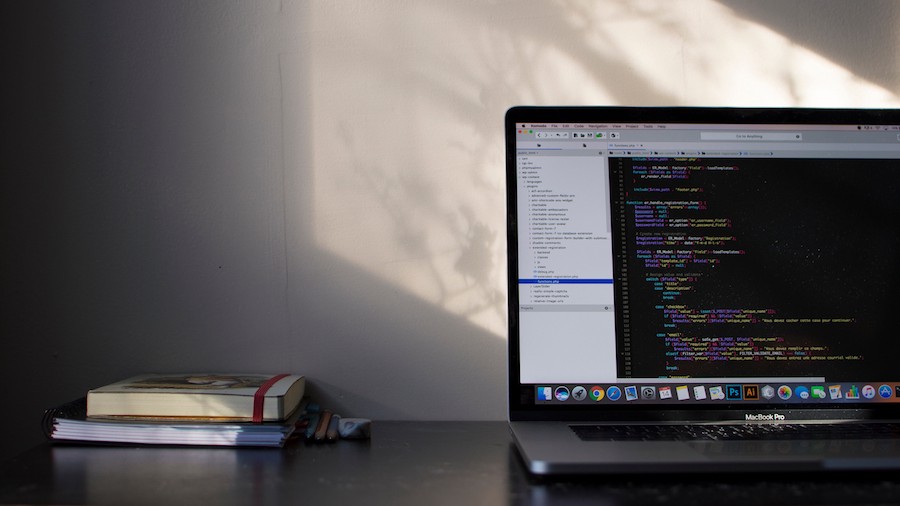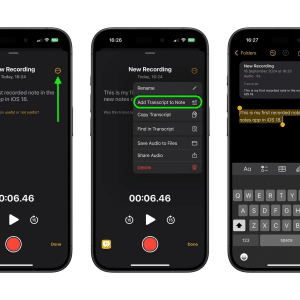When you’re online, your computer is constantly sending and receiving data. This can include personal information like your name, email address, and credit card number. When using a public Wi-Fi network, this data is sent and received unencrypted, which means that anyone on the same network can see what you’re doing. A VPN (Virtual Private Network) helps protect your data by encrypting it before it’s sent out. This blog post will discuss VPNs and how they can help keep you safe online. Let’s get started.
What is a VPN?
A VPN, or Virtual Private Network, is a technology that allows users to create a secure connection to another network over the Internet. A VPN can be used to access private networks, such as those at work or home, or public networks, such as those provided by coffee shops or libraries.
There are different types of VPNs, each with its own features and benefits. For instance, you can find VPNs with port forwarding to help you access services blocked by your ISP or VPNs with data encryption to help protect your privacy. Ensure that you ask for recommendations or read reviews before choosing a VPN provider, as some providers may not be as reliable as others.
How does a VPN work?
A VPN works by routing your device’s internet traffic through a secure server controlled by the VPN provider. This process encrypts your data and makes it unreadable to anyone except the VPN server. By hiding your IP address and encrypting your traffic, a VPN helps to keep your data safe from hackers, identity thieves, and other online threats.
In addition to encrypting your data, a VPN can change your IP address. This can be useful if you want to access websites or services that are blocked in your country. For example, many countries block access to sites like Facebook and Google. Connecting to a VPN server in another country can bypass these restrictions and access the blocked content.

Why should you use a VPN?
There are various reasons why you might want to use a VPN. Below are some of the common reasons:
Keep your data private
When you’re connected to a VPN, all your traffic is encrypted, meaning no one else can see what you’re doing online. This is useful for keeping your data private from hackers, identity thieves, and other threats. To ensure your data stays safe, make sure to choose a reputable VPN provider with strong encryption.
Access blocked content
As mentioned earlier, a VPN can change your IP address, which can be used to bypass restrictions placed on certain websites or services. This is useful for accessing blocked content in your country or region. For instance, most streaming sites are geo-blocked, meaning they are only available in certain countries. Connecting to a VPN server in the appropriate country can unblock these sites.
Improve your online security
A VPN can help improve your online security by encrypting your data and hiding your IP address. This makes it more difficult for hackers and other threats to access your personal information or steal your data. In addition, a VPN can help to protect your privacy by hiding your online activity from your ISP and other third parties.
Save money
Believe it or not, a VPN can also help you save money. Retailers often track your IP address when shopping online to see where you’re located. They then use this information to offer you higher prices, as they know you’re in a higher-priced market. Connecting to a VPN server in a different country can help you avoid these high prices.
Tips to consider when choosing a VPN
Now that you know the benefits of using a VPN, here are some tips to consider when choosing a VPN provider:
- Ensure the provider has strong encryption: Choose a provider with strong encryption, such as AES-256. Check for a no-logs policy: A no-logs policy means that the VPN provider does not track or log your online activity.
- Choose a reputable provider: Be sure to choose a reputable VPN provider with a strong reputation. Check for reviews from other users to see what their experience has been like.
- Consider your needs: Consider your needs when choosing a VPN provider. For instance, if you need port forwarding, ensure the provider offers this feature.
- Check the price: Be sure to compare prices between different providers to find the best deal.
- Choose a provider with a free trial or money-back guarantee: This allows you to test the service before committing to it.

A VPN is a great tool for staying safe online. It encrypts your data and hides your IP address, making it more difficult for hackers and other threats to access your personal information. In addition, a VPN can help you bypass restrictions placed on certain websites or services. When choosing a VPN provider, be sure to consider your needs and compare prices between different providers. Read reviews to find a reputable provider with a strong reputation.













